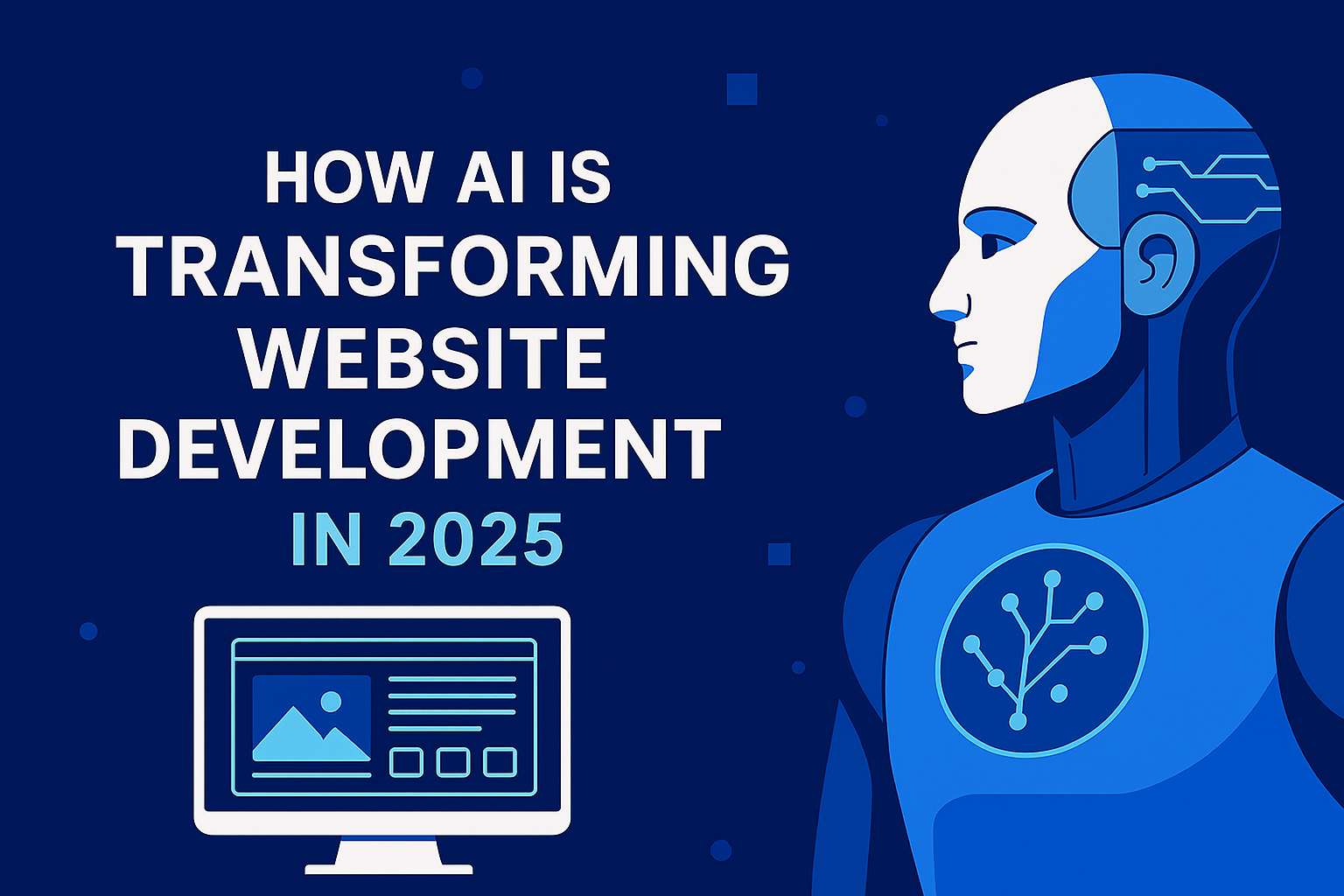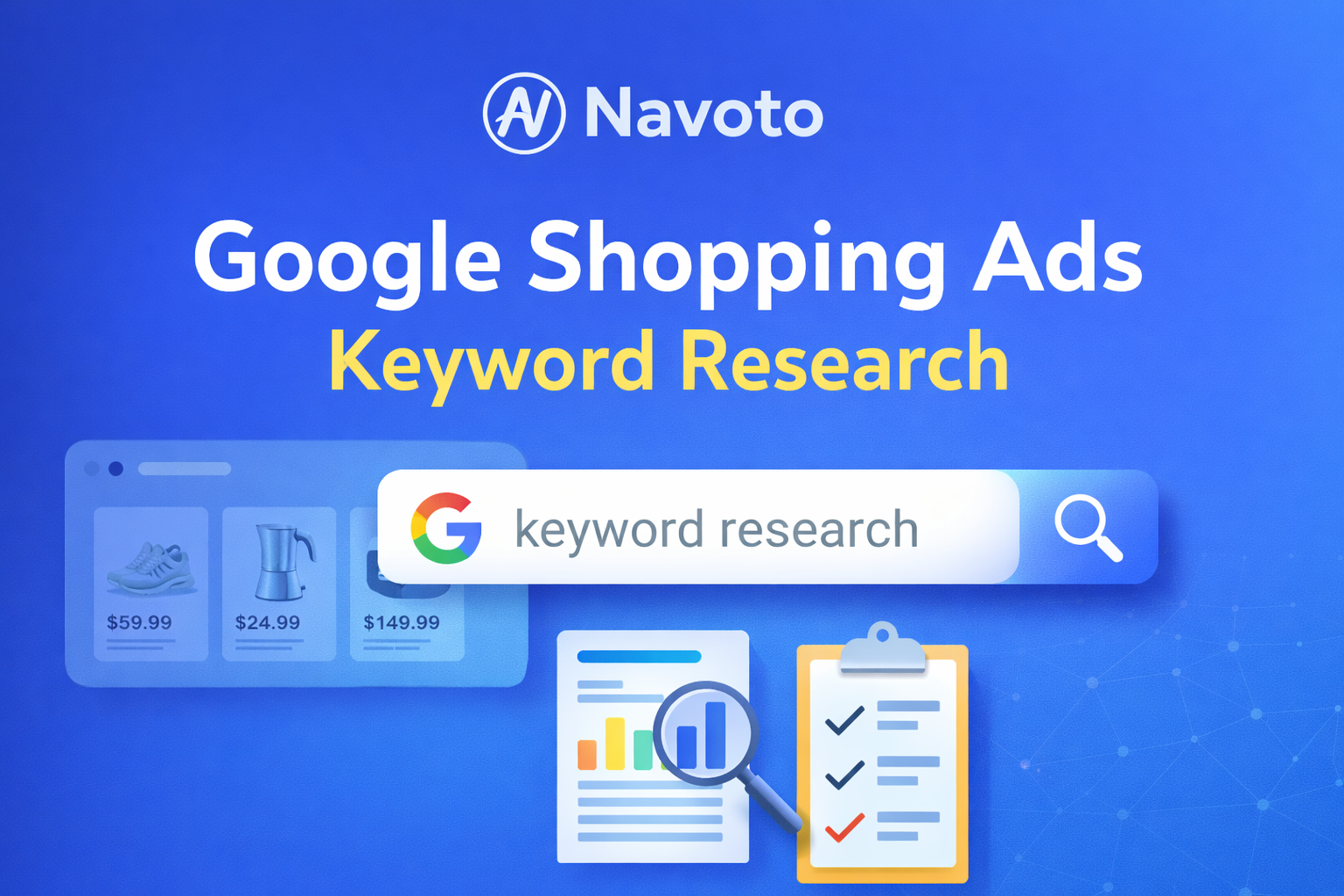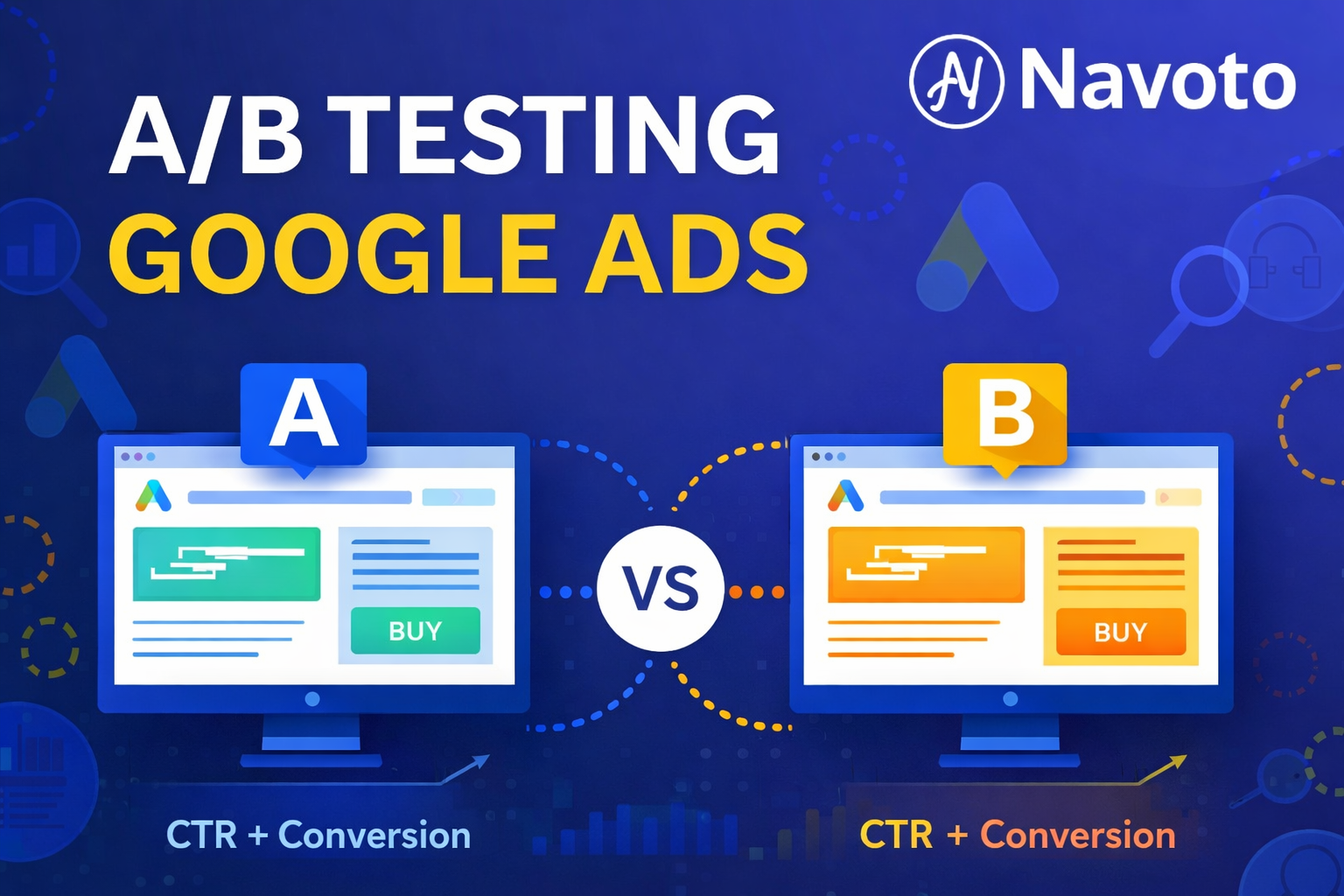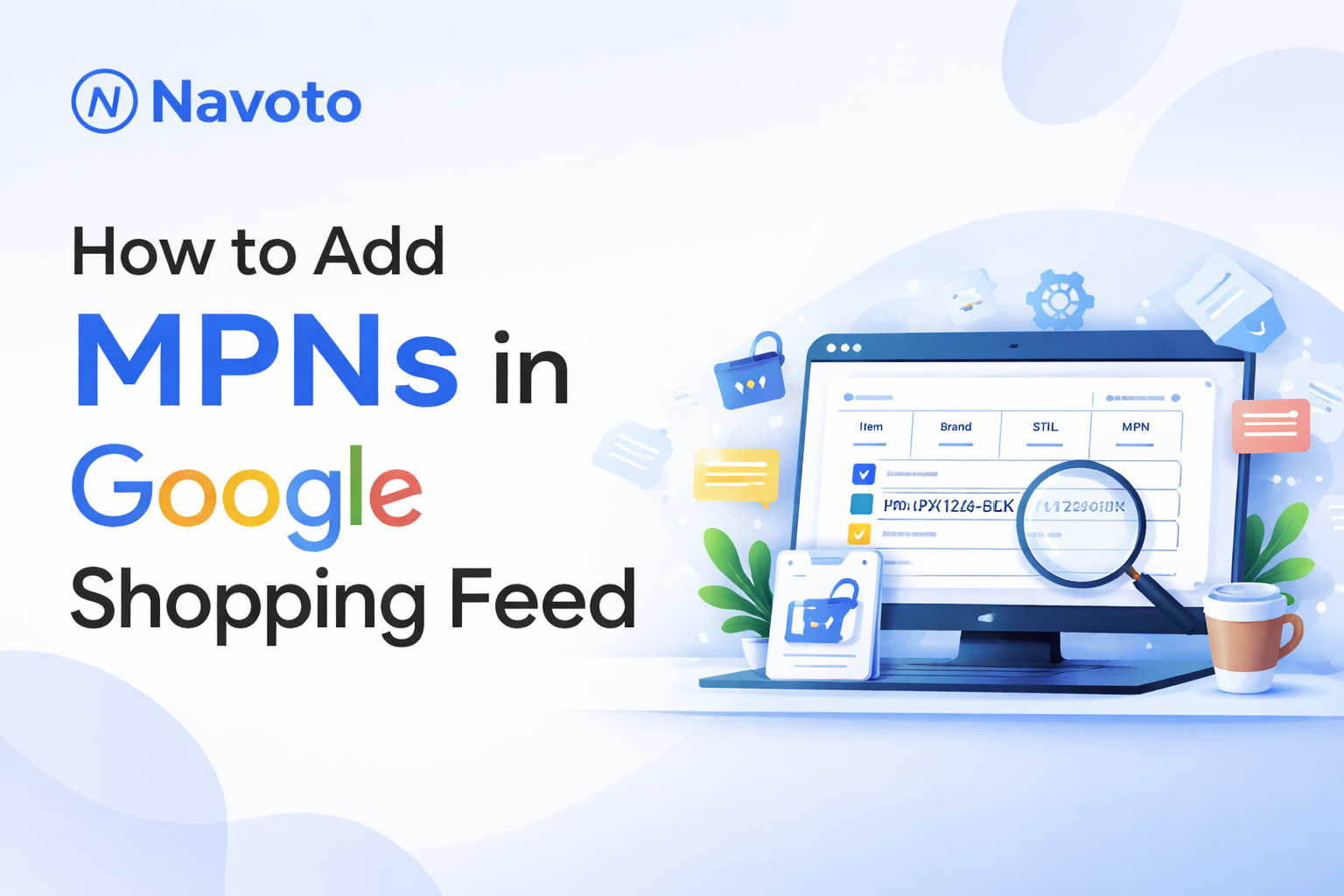🌍 Introduction
The world of website development is undergoing a major revolution in 2025 — driven by Artificial Intelligence (AI). What was once a manual, code-heavy process has now evolved into an intelligent, automated ecosystem that designs, optimizes, and analyzes websites faster than ever.
For digital marketers and business owners, AI isn’t just a buzzword; it’s a powerful ally that transforms everything from SEO to Meta Ads, Google Tag Manager (GTM) setup, Google Analytics 4 (GA4) insights, and eCommerce tracking.
In this article, we’ll explore how AI is reshaping modern website development and how you can use it to improve conversions, automation, and user experience.
🧠 1. AI-Driven Website Design and Development
Gone are the days when developers spent weeks designing and coding websites from scratch. Today, AI-powered platforms like Framer AI, Wix ADI, Uizard, and Durable AI can generate professional designs within minutes.
AI analyzes user intent, industry trends, and brand colors to automatically create the best-performing layouts. It even suggests the perfect content structure, CTAs (Call to Action), and user flow.
For developers, AI coding tools such as GitHub Copilot, ChatGPT, and Replit Ghostwriter assist in writing clean, efficient code in real time.
Key Benefits:
-
Faster website development and reduced human error.
-
Smarter UX/UI recommendations based on data.
-
Continuous design improvement through AI learning.
💡 Tip: Use AI to generate front-end prototypes, then refine them manually for creativity and brand identity.
⚙️ 2. AI and SEO: Smarter Optimization Than Ever
SEO has always been the backbone of online success. But in 2025, AI is redefining SEO strategies by combining machine learning, predictive analytics, and automation.
AI-based SEO tools like Surfer SEO, SEMrush, Ahrefs, and ChatGPT analyze massive data sets to suggest keywords, optimize on-page elements, and even rewrite meta descriptions for higher CTRs.
AI doesn’t just stop at keyword suggestions — it also analyzes search intent, user dwell time, and content readability. Combined with GTM and GA4, marketers can now track how users interact with every keyword or CTA and refine the site in real time.
AI SEO Benefits:
-
Automated keyword clustering and content scoring.
-
Predictive analytics for ranking opportunities.
-
Dynamic meta tags and internal linking recommendations.
💡 Example: AI may detect that visitors leave after 10 seconds on a page, prompting suggestions to rephrase headlines or embed interactive content.
📊 3. AI + Google Analytics + GTM = Smarter Tracking
Tracking data accurately is crucial for any business website. The integration of AI with Google Analytics 4 (GA4) and Google Tag Manager (GTM) has made this process more intelligent.
AI automates event tracking setup — clicks, scroll depth, video plays, and form submissions — without manual configuration. GTM can now recommend triggers automatically, while GA4 uses AI models to predict future conversions and user engagement patterns.
How to Leverage This Setup:
-
Use GTM to create AI-driven event tracking templates.
-
Integrate GA4 for predictive metrics like “purchase probability.”
-
Sync your Meta Ads pixel with GA4 events for unified campaign measurement.
💡 Result: You gain a single dashboard that blends ad data, website traffic, and AI-based behavioral insights.
💬 4. AI Chatbots and Customer Experience
AI chatbots are now integral to every successful website. Instead of traditional static forms, websites now use chatbots powered by GPT-based conversational AI.
These bots learn from past user interactions and deliver personalized assistance — answering FAQs, recommending products, and even guiding users to complete purchases.
For marketers, chatbots connected to Meta Ads and GA4 allow you to track which ad campaigns generate the most qualified leads.
Benefits of AI Chatbots:
-
24/7 customer interaction without added cost.
-
Instant lead capture synced with CRM tools.
-
Data collection for remarketing campaigns.
💡 Tracking Tip: Use GTM to create a “chat started” event and measure conversion in GA4.
🛒 5. AI and E-Commerce Tracking
In eCommerce, AI has become the secret weapon for understanding buyer behavior.
Machine learning algorithms track micro-actions — from product clicks to abandoned carts — and predict what customers are likely to purchase next.
With AI integrated into GA4 and GTM, you can:
-
Track product views, add-to-cart, and checkout steps automatically.
-
Use AI-based product recommendations that adapt to customer preferences.
-
Sync data across Google Ads, Meta Ads, and email campaigns for remarketing.
💡 Example: If a user views “AI web design tools,” your AI system automatically retargets them on Facebook with related service ads.
Pro Insight: Combine GA4’s eCommerce tracking with AI dashboards like Looker Studio AI to forecast monthly sales or identify best-selling products.
📈 6. Meta Ads Optimization with AI Insights
AI has also changed how digital marketers manage Meta Ads.
Instead of manually testing ad sets, AI now automates audience segmentation, creative testing, and bidding strategies.
By connecting Meta Ads data with GA4 through server-side GTM, marketers get a full view of user journeys from ad impression to website conversion.
AI-Powered Ad Benefits:
-
Better targeting accuracy through predictive models.
-
Automatic budget allocation to high-performing campaigns.
-
Real-time conversion tracking via GA4 integration.
💡 Pro Tip: Use AI analytics to combine Meta pixel data with website behavior reports — it reveals which ads actually lead to conversions.
🤖 7. The Future: AI + Human Creativity
While AI brings automation and intelligence, the real magic happens when humans and machines collaborate.
Developers, marketers, and designers must focus on strategy, storytelling, and empathy — areas AI can’t replicate — while letting AI handle repetitive, data-driven tasks.
The future of website development lies in AI-assisted creativity — where humans define the “why,” and AI executes the “how.”
From voice-enabled websites to personalized landing pages built in real time, the boundaries of web development are expanding faster than ever.
🔍 Conclusion
AI has officially become the foundation of modern web development.
It simplifies design, enhances SEO, automates analytics, and strengthens digital marketing through smart tracking and campaign optimization.
Whether you’re building a corporate site or an eCommerce platform, integrating AI with GTM, GA4, Meta Ads, and advanced SEO tools ensures your business stays visible, competitive, and data-driven.
Embrace AI now — because the future of web development is already here, and it’s intelligent, predictive, and unstoppable.



